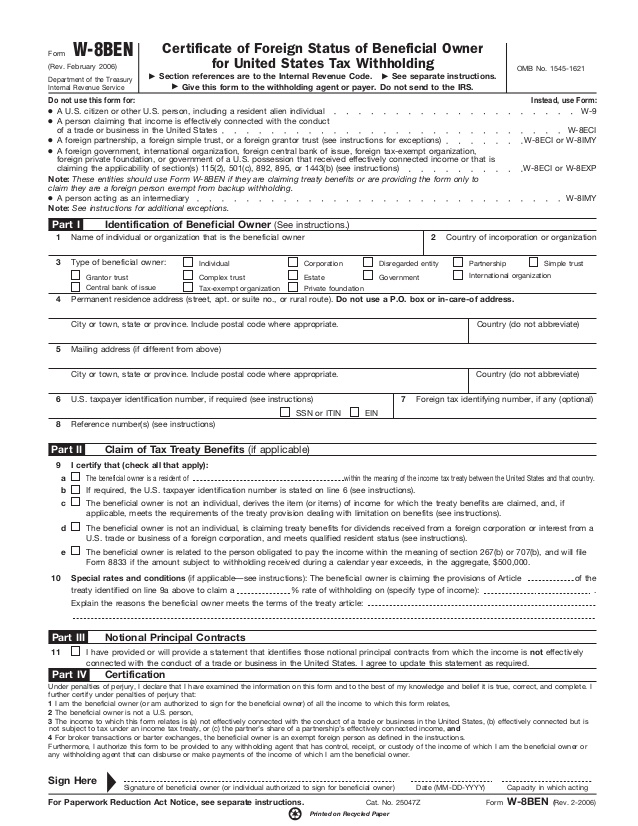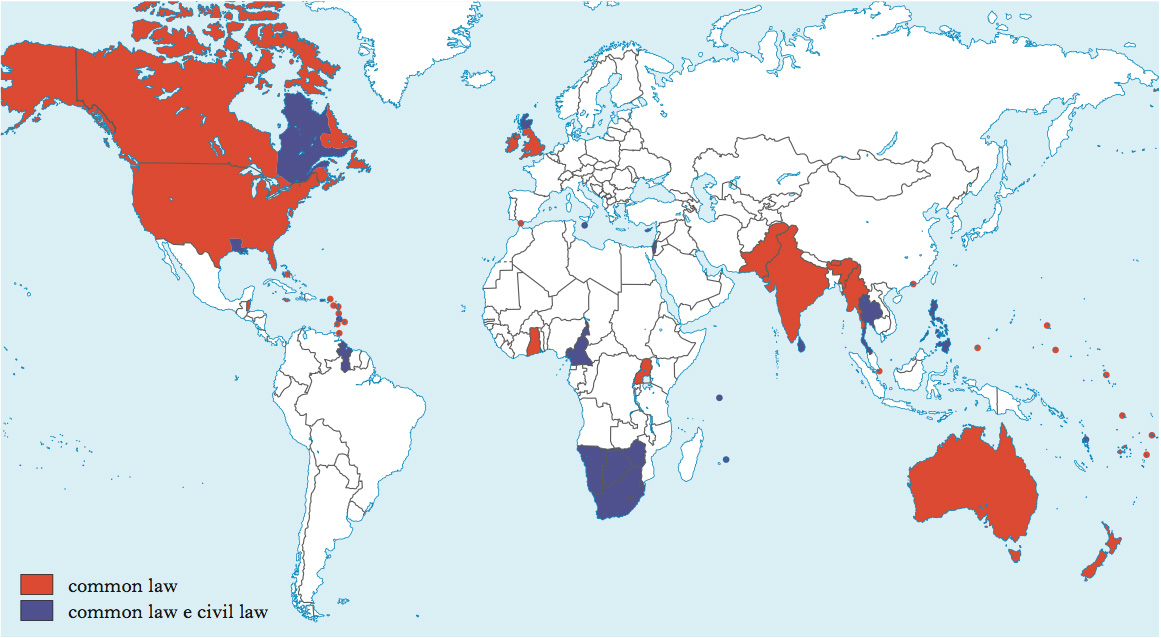Neuseeland: habeas corpus out?
16.10.18 | _Eilmeldung f Slider, _unfertig, Amerikanismen, Gesellschaftskritik, Politics - english | 0 comments
|
|
|
|
|
|
|
…
|
|
|
|
|
|
|
…


Must have been a long time since Mr. Trump tried to open a simple bank account…
The gap between politicians words and reality, out of the land of compliance, FATCA etc. could not be bigger…
People allover the world are fordced to complete horribly complicated US forms, even if they open a savings account in … e.g. Pakistan and have no intention to invest in US stocks or bonds…

An example: The IRS recently published new and updated Forms W-8 and corresponding instruction – click the links to see the forms… once all the forms are there, they now will request new ones as per 2018…
Form W-8IMY (Rev. June 2017) and the Instructions for Form W-8IMY were updated. The form was amended to provide additional information with regard to the QDD status of a Withholding Agent and to incorporate changes provided by the updated Chapter 3 and Chapter 4 Regulations. Withholding Agents will have to request new Forms W-8IMY starting January 1, 2018.
Form W-8BEN (Rev. July 2017) and the Instructions for Form W-8BEN were updated. The form was amended to reflect changes in Form W-8BEN-E (Rev. July 2017) and to incorporate changes introduced by new Chapter 3 and Chapter 4 Regulations. Withholding agents will have to request new Forms W-BEN starting February 1, 2018.
Form W-8BEN-E (Rev. July 2017) and the Instructions for Form W-8BEN-E were updated. The form was amended to reflect updates with the Chapter 4 statuses
• Limited FFIs and limited branches,
• Sponsored FFIs and sponsored direct reporting NFFEs, and
• Nonreporting IGA FFIs.
In addition, the form has been updated to require a non-U.S. TIN (except in certain cases) to be provided for certain foreign account holders of a financial account maintained at a U.S. office or U.S. branch of a financial institution.
Withholding agents will have to start requesting new Forms W-8BEN-E from February 1, 2018.
Form W-8ECI (Rev. July 2017) and the Instructions for Form W-8ECI were updated in order to incorporate changes introduced by new Chapter 3 and Chapter 4 Regulations. Withholding agents will have to request new Forms W-8ECI starting February 1, 2018.
Form W-8EXP (Rev. July 2017) and the Instructions for Form W-8EXP were updated in order to incorporate changes introduced by new Chapter 3 and Chapter 4 Regulations. Withholding agents will have to request new Forms W-8EXP starting February 1, 2018.

“They who can give up essential liberty to obtain a little temporary safety, deserve neither liberty nor safety.”
Benjamin Franklin


![]()
![]()
![]()
![]()
In fortschrittlichen, zivilisierten Ländern (sog. civil law countries) besteht kein vernünftiger Grund, E-Mails durch lange und komplizierte Disclaimer-Texte unproduktiv zu verlängern und für deren Ausdruck ganze Wälder abzuholzen.
In solchen Staaten ist das Recht sauber kodifiziert und daher der Formalismus begrenzt.
Formalismus ist regelmässig ein Zeichen von Dummheit.
Übertretungen werden ganz einfach durch die bewährten Mittel des Straf- und Zivilrechts geahndet.
Der Disclaimer-Spuk ist daher dort vollkommen entbehrlich.
Es ist doch nicht mehr als eine Frage des Anstandes, versehentlich erhaltene Post weiterzuleiten und nicht zu missbrauchen!
In altmodisch-formalistischen Jurisdiktionen (sog. common law countries, wie insbesondere den USA und anderen juristischen Entwicklungsländern) wird es von der Zunft der Juristen für notwendig gehalten, unsinnige und überlange Erklärungen (sog. Disclaimer) an E-Mails anzuhängen.
Juristen sind die Totengräber der Gesellschaft (Tucholsky)
Ich erkläre hiermit durch Anbringung eines Links auf meinen Mails, dass für diese juristisch und moralisch zurückgebliebenen Mitmenschen der nachstehend wiedergegebene “Disclaimer” verbindlich ist. Für normale Leute braucht es so was nicht.
Die Information in dieser E-Mail-Nachricht (samt Anlagen) ist vertraulich. Die Kenntnisnahme und Verwendung der hier enthaltenen Informationen ist nur denjenigen Personen gestattet, an die diese Kommunikation adressiert ist und/oder die zur Kenntnisnahme und Verwendung dieser Daten ausdrücklich ermächtigt wurden. Sollten Sie diesem Personenkreis nicht angehören, werden Sie hiemit davon in Kenntnis gesetzt, dass jegliche Weiter- und Wiedergabe, Vervielfältigung, Verbreitung, Verwendung und/oder Handeln aufgrund des Inhalts dieser Informationen zu unterlassen ist. Sollten Sie diese Nachricht versehentlich erhalten haben, ersuchen wir Sie, uns über diesen Umstand zu unterrichten. Bitte löschen Sie dann anschliessend diese E-Mail endgültig von Ihrem System.
In modern, civilised countries (therefore also called civil law countries) there is no reason to add long and complicated disclaimers to e-mails and to waste resources therefore.
In such jurisdictions the law is codified and clear, and therefore formalism is limited.
Formalism is by definition a clear indicator for stupidity.
In fair countries with fair inhabitants offences against politeness, fairness and discretion are just punified by civil and criminal law.
Therefore the disclaimer-nonsense is absolutely not necessary in such places.
I strongly believe that it is just a matter of decorum to forward a message which has been received by error to the correct adressee and not to abuse it!
In some odd and formalistic jurisdictions (so called common law countries, like the US, the UK, and other underdeveloped parts of the world), where lawyers create avoidable work all day, people have started to add really silly declarations to their e-mails – and, crazy but true – civil law people start to copy these strange habits as they believe it is up-to-date to follow the general trend to total decadency.
Lawyers are the gravediggers to human society (Tucholsky)
To cut a long story short, I add a link to all my e-mails and hereby I declare, that for all these legally and mortaly retarded people the below declaration (“Disclaimer”) is valid in order to tell them what they should know anyway – if they were literate.
The information contained in this e-mail message (including attachments) is privileged and confidential. The information contained herein is intended solely for the use and knowledge of the individual(s) to whom this communication is addressed and/or others authorised to receive it.
If you are not the intended recipient, you are hereby notified that any disclosure, copying, distribution, use and/or taking action relating to the contents of this information is strictly prohibited.
If you accidentally received this e-mail, kindly let us know about this. On having done so, please delete this e-mail permanently from your system.
Denk mal nach: Warum braucht es bei einem Brief, der ja auch ins falsche Postfach gelegt werden könnte, keinen Disclamer? Warum dann bei einem E-Mail? Diese Erkenntnis sollte man unbedingt für sich behalten, sonst bürgert sich der Unfug dort auch noch ein…
Why do we not add disclaimers to normal snailmail-letters, which migt end up in the wrong PO-Box or otherwise be handed over to the wrong person? Where is the logic – why is that so important on e-mails?
Die Case-Law-Seuche ist auf den ersten Blick nicht weit verbreitet, dominiert aber doch die Weltwirtschaft…
